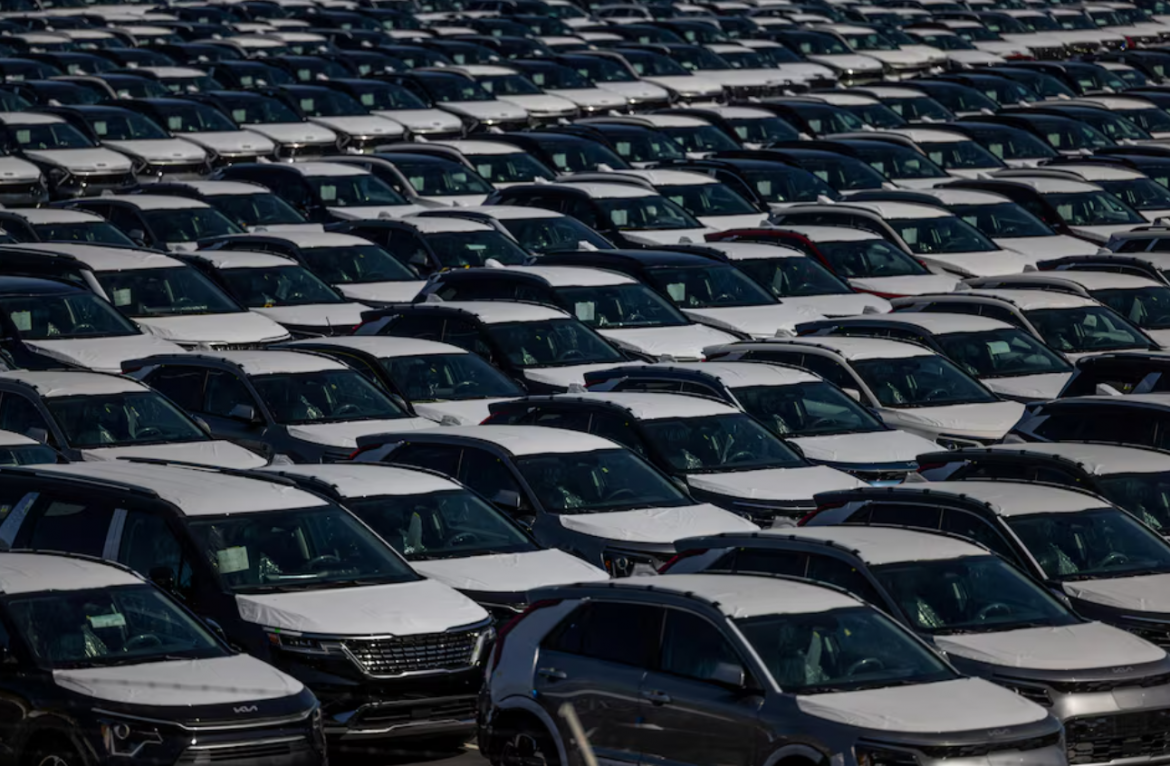The European automotive sector, long considered a cornerstone of the region’s economy, is undergoing a turbulent phase. Several major manufacturers and suppliers have recently announced significant layoffs and plant closures, citing a combination of weak demand, high production costs, intensifying competition from Chinese manufacturers, and a sluggish transition to electric vehicles.
The challenges faced by the industry have triggered a wave of restructuring across various companies. Here is a detailed account of the recent developments:
Volkswagen, Europe’s largest carmaker, struck an agreement with unions on 20 December to cut 35,000 jobs while reducing factory output in Germany by nearly 25%. Although the agreement does not include immediate plant closures, the company confirmed earlier in December that its Audi plant in Brussels will cease production by 28 February due to a lack of viable alternatives to closure.
In Switzerland, automotive supplier Feintool announced on 3 December the closure of one of its German sites, resulting in up to 200 layoffs.
French car parts manufacturer Valeo is also facing significant restructuring. Sources revealed on 27 November that the company plans to cut approximately 1,000 jobs across Europe, which includes the closure of two plants in France.
Carmaker Stellantis disclosed on 26 November its intention to shut down its Vauxhall van factory in Luton, England, a move that jeopardises over 1,000 jobs. The company has also faced repeated assembly halts at its main plant in Mirafiori, Italy, due to low demand, particularly for the electric Fiat 500. Despite these setbacks, Stellantis stated that it has no plans to close plants in Italy.
Bosch, the world’s leading auto parts supplier, announced on 22 November plans to cut 5,500 jobs by 2032, primarily within its cross-domain computer solutions and steering divisions. The reductions will predominantly affect its German facilities, with some employees facing reduced working hours.
On 20 November, Ford declared that it would eliminate 4,000 positions, representing 14% of its European workforce. The cuts will primarily impact its operations in Germany and Britain.
French tyre manufacturer Michelin followed suit on 5 November, announcing the closure of two sites in western France. This decision will impact approximately 1,250 employees.
German machine and car parts maker Schaeffler, also on 5 November, revealed plans to lay off 4,700 workers across Europe, predominantly in Germany. This move follows a sharp drop in operating profit during the third quarter. The company’s restructuring efforts include shutting down production facilities in Austria and Britain.
Daimler Truck, the world’s largest truck manufacturer, introduced measures on 1 August to reduce working hours and impose a hiring freeze for its German workforce.
The challenges confronting the European automotive sector are compounded by the global economic slowdown and the region’s push for greener technologies. These transformations, while necessary for the industry’s long-term viability, have resulted in painful short-term adjustments.



